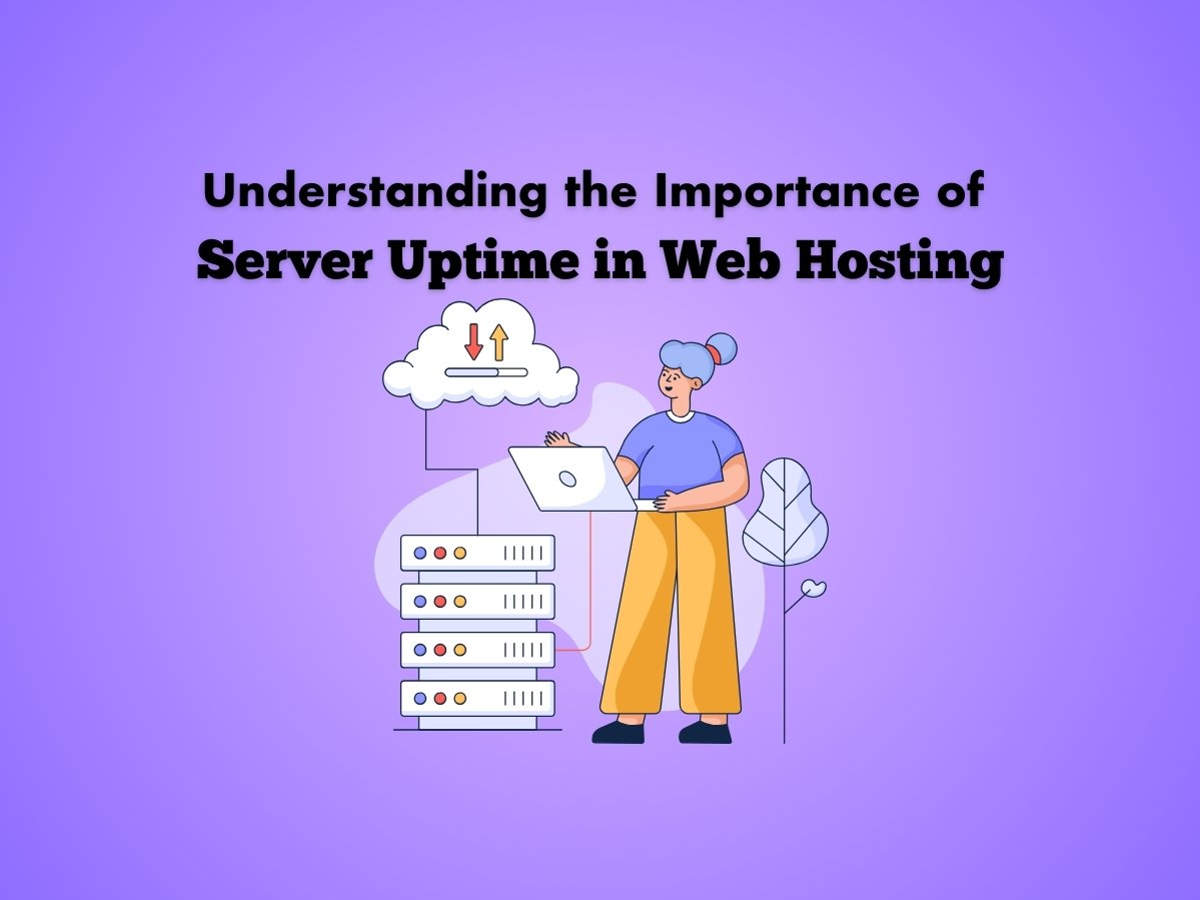
Navigating the Pricing and Plans of Shared Web Hosting Providers
Welcome to our new blog post, where we’d like to guide you through the labyrinth of pricing and plans offered by shared web hosting providers. As a budding website owner, it can be baffling to decode these myriad options. However, by understanding the various elements that drive these pricing schemes, you’ll be better equipped to select the shared hosting plan that meets your specific needs.
What is Shared Web Hosting?
Before progressing, let’s quickly recap what shared web hosting entails. In a shared hosting environment, multiple websites reside on a single web server and share resources. This makes shared hosting a cost-effective solution, especially for new or small websites that don’t generate heavy traffic.
Factors that Influence Shared Hosting Pricing
Many variables shape the pricing strategy of shared web hosting providers. Here are some key considerations:
1. Storage Space: The amount of server storage space directly impacts the hosting plan’s cost. More space for your files, images, and pages means a higher price.
2. Bandwidth: Bandwidth refers to the amount of data your website can transfer to its visitors in a given time. More bandwidth is needed for websites with high traffic or heavy data exchange.
3. Domain Licenses: Some hosting providers include a free domain name for a year. The cost for such services often gets included in your hosting package.
4. Email Accounts: Many shared hosting plans offer email services. The number of email accounts and their storage can affect the price.
5. SSL Certificate: An SSL certificate, crucial for securing user information, is typically included in shared hosting plans. Its cost might be inbuilt in the pricing.
Understanding Shared Hosting Plans
While each hosting provider offers different plans, most structure it in a tiered system. Typically, you’ll find three levels– Basic, Intermediate, and Advanced (or similarly named tiers).
Basic Plan: This starting plan provides essential hosting features, suitable for new or smaller websites or blogs. It offers limited storage and bandwidth and is the most affordable.
Intermediate Plan: These plans, suitable for small businesses, offer more storage, bandwidth, and extra features like enhanced security or performance boosters. They’re a middle-ground in terms of cost.
Advanced Plan: The top-tier plan is designed to support larger websites or e-commerce platforms. They provide the maximum server resources and premium features like automatic backups, but also demand the highest prices.
Unpacking the Costs
Initially, many providers offer substantial discounts on their plans. Be mindful that these discounts typically apply for the first contract term and the plan renews at the regular rate. Always remember to check the renewal prices alongside the introductory ones.
Conclusion
Comparing shared web hosting prices and plans might seem daunting, but it boils down to understanding your needs and budget. Ensure your plan provides enough storage, bandwidth, and additional features required for your website to run smoothly. Remember, while cost is a factor, the cheapest plan may not always be the best for your site’s performance and growth. Look for a balance between cost-effectiveness and functionality.
Stay tuned as we continue to unravel different aspects of web hosting that can make your digital journey more informed and rewarding. Happy hosting!







